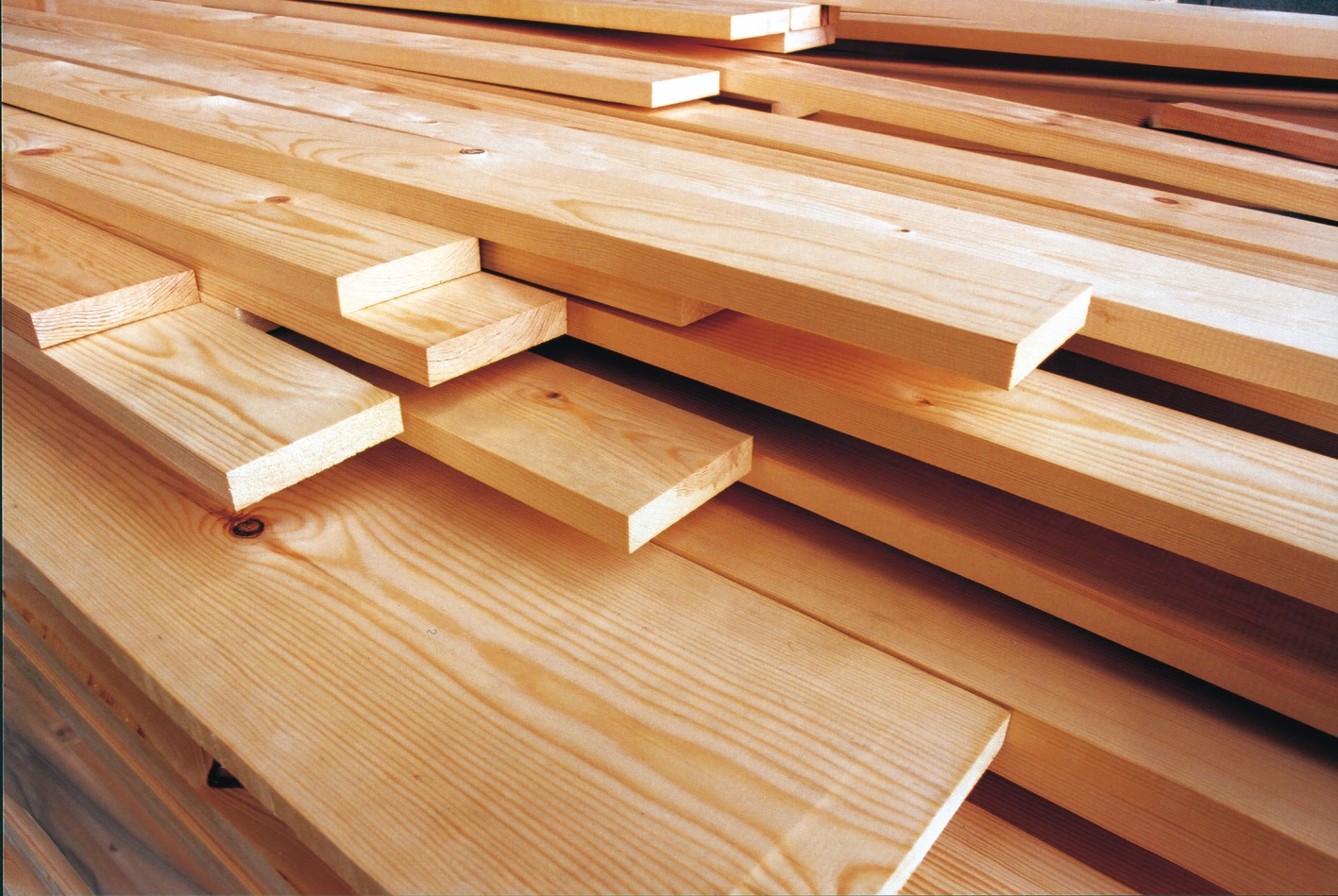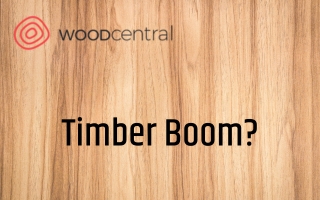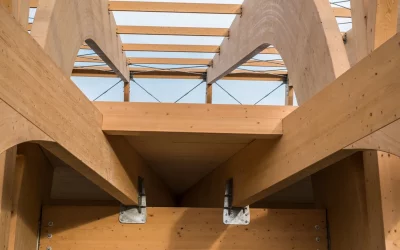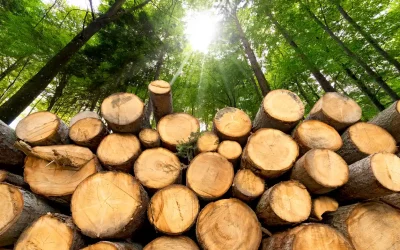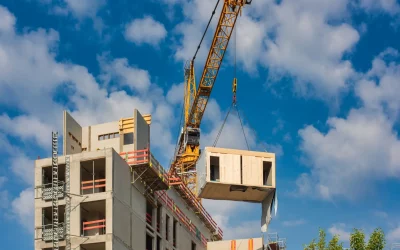Written by Wood Campus
Environmental | Industry | News
The UK’s three largest housebuilders (Barratt Developments, Taylor Wimpey, and Persimmon) have announced plans to open dedicated factories for timber-based construction materials.
Klober is a roofing accessories provider looking to convince construction companies to consider new ways of improving air and moisture tightness while preventing condensation.
This comes in light of predicted growth for the UK’s timber market as companies accelerate efforts to reach net zero emissions.
The timber market has grown rapidly due to the environmental benefits of timber-based construction methods, such as its ability to absorb carbon emitted in the production process.
The majority of new buildings in the UK are timber-based
According to a recent study, 92% of newly built properties in Scotland are timber-based, and the rest of the UK is predicted to go in a similar direction.
“Efficient buildings are the future. From a bill payers’ perspective, you don’t want to be paying to heat your property for it to go straight out of the walls or roof. And from an environmental standpoint, preventing air leakage is a key priority. Therefore, construction professionals must carefully consider how they deliver homes that are efficient,” explained Nick King, portfolio manager at Klober.
To create more energy-efficient building stock, properties need to be thermally efficient. Timber-based building materials achieve this through the detailing of the wood’s internal membrane. Supporting accessories can help reduce air leakage and create airtight seals around openings in the building.
Why good ventilation is essential
However, an airtight timber building needs to be balanced with ventilation. If a structure is not properly ventilated it could lead to a build-up of internal condensation in the roof space and wall cavities. This can be detrimental to occupant’s health if they are exposed to the condensation long term.
British Standard BS 5250: ‘Code of practice for control of condensation in buildings’ details all the rules and regulations for avoiding problems of high moisture levels and condensation.
“Maintaining a balance between air and moisture tightness and the right ventilation is essential. From a building fabric perspective, this can be achieved by opting for a vapour-permeable membrane that allows the wall structure to breathe while keeping it windtight and draught-free,” concluded King.
Original Article:pbctoday
More News
UK Timber Design Conference
Timber Development UK is proud to announce our exciting new conference focused on a low carbon transformation of our built environment using timber. Taking place on 26 June 2024, the UK Timber Design Conference will bring together disruptors and market leaders to...
Swedish Wood hosts high level event at the Residence of the Ambassador of Sweden to the UK
(left to right, Baroness Hayman of Ullock, Shadow Spokesperson for the Environment, Food and Rural Affairs; Stefan Gullgren, the Ambassador of Sweden to the UK; Lord Khan of Burnley, Shadow Spokesperson for Levelling up, Housing and Communities)Last Thursday 23rd, 40...
Will Prince William’s Bold Pledge Spark a Timber Boom?
The Prince of Wales has acted on his commitment to build low-carbon social housing on the $1 Billion-plus Dutchy of Cornwall lands.The Prince of Wales is spearheading a new initiative to construct social and affordable housing on the lands of the $1-billion plus...
TDUK releases UK timber product embodied carbon data
Timber Development UK (TDUK) has released average carbon data for the 10 major timber product categories. The data will support architects, engineers and other specifiers to make accurate assessments of the carbon impacts of their material choices as early in the...
Worlds tallest buildings mass timber revolution
As a part of Dezeen's Timber Revolution series, they have rounded up the world's 10 tallest buildings with mass-timber structures, including an engineered-wood shopping-centre extension and a carbon-negative cultural centre. Compiled using data from the Council on...
Think Wood’s 10 most popular projects of 2023
Think Wood is a communications campaign that provides commercial, multifamily and single-family home design and build resources to architects, developers, and contractors. Recently Think Wood announced its 10 most popular timber construction projects of 2023. Across...
Swedish engineered wood technology in wind turbines
If asked to imagine a wind turbine, most people would think of a steel structure—the current form of nearly all wind turbines used for renewable wind energy generation. However, despite what the steel industry claims, it’s hardly a given that wind turbines must be...
Timber in construction roadmap UK policy
The Government has committed to growing and maintaining a sustainable and long-term supply of domestic timber and wood products in the 2023 Environmental Improvement Plan. We have awarded £7.6 million through the Woodlands into Management Forestry Innovation Funds to...
Government commits to more timber construction
The Government has set out an ambitious plan to raise the use of timber in the construction of homes and buildings. It has published a roadmap to boost the safe use of sustainable UK timber in construction while planting forests to increase domestic timber supply. By...
8 Billion Trees
Wood Campus is always keen to promote content and resources which we know will be of interest to our regular visitors and this is why we are drawing your attention to the 8 Billion Trees mission.8 Billion Trees is dedicated to reducing carbon emissions using tree...

